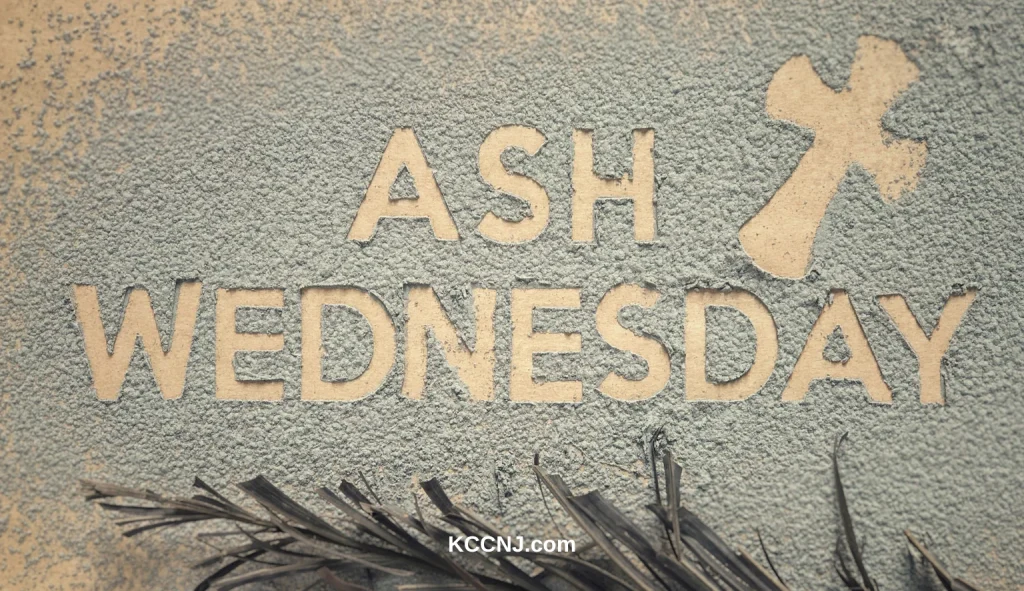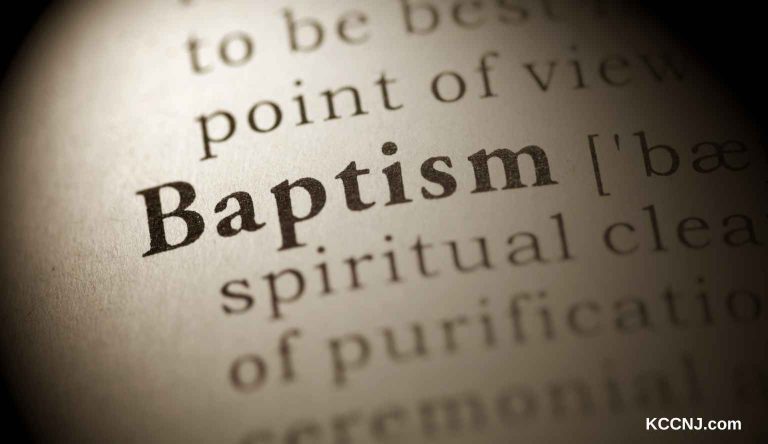Do Methodist Do Ash Wednesday?
Yes, Methodists do observe Ash Wednesday. It marks the start of the Lenten season. At United Methodist churches, you’ll find services with the imposition of ashes. The ashes symbolize your sinfulness and mortality. Participation is optional, but many Methodists engage in fasting, prayer, and acts of repentance during this period. Lent is a time to deepen your relationship with God through reflection and spiritual discipline.
Keep reading to learn more about the significance and rituals of Ash Wednesday in the Methodist tradition.
Observance of Ash Wednesday
On Ash Wednesday, many Christian denominations observe the start of the Lenten season. Fasting, prayer, and repentance are practices that characterize this day. As a United Methodist, you may wonder if your church observes Ash Wednesday.
The United Methodist Church’s Book of Worship includes the Imposition of Ashes as part of Ash Wednesday services. During this ritual, the pastor will make the sign of the cross on your forehead with ashes. This symbolizes two themes: our sinfulness and our mortality.
While the United Methodist Church doesn’t require adherence to Ash Wednesday, many congregations choose to observe it. The decision to participate is up to individual churches and their members. Some United Methodists may attend Ash Wednesday services, while others may not. Either way, the choice is yours as a United Methodist to engage with this meaningful tradition or not.
Significance of Ashes
The ashes used on Ash Wednesday carry deep spiritual meaning for Christians. They’re a visual reminder of our sinfulness and mortality as human beings.
You see, the ashes are made from burned palm branches used on Palm Sunday. When the priest places them on your forehead in the sign of the cross, it’s a powerful symbol. It reminds you that you were made from dust and one day you’ll return to dust. The ashes are a sign of your human mortality. They also represent your need for repentance.
Preparation for Easter
Ash Wednesday marks the beginning of the Lenten season, a time when Christians prepare their hearts and minds for the celebration of Easter. As United Methodists, you’ll participate in this special time by focusing on fasting, repentance, and spiritual discipline. You’ll use Lent to deepen your relationship with God through reflection, prayer, and self-examination.
The ashes you receive on Ash Wednesday serve as a reminder of the journey from repentance and reflection to the triumph of Christ’s resurrection over sin and death. This connection between Ash Wednesday and Easter signifies the importance of this season in your faith journey.
Through this period of preparation, you’ll have the opportunity for personal transformation and growth in your relationship with God. As you approach Easter, you’ll be spiritually ready to celebrate the ultimate victory—the resurrection of Jesus Christ.
Lenten Spiritual Practices
As you prepare for the Lenten season, you’ll engage in various spiritual practices that can deepen your relationship with God. These may include setting aside time for prayer, fasting from certain indulgences, and performing acts of love and service.
Many Methodist churches will offer an Ash Wednesday service to mark the beginning of Lent. During this service, the minister may use ashes to make the sign of the cross on the foreheads of worshipers as a symbol of repentance and mortality. This practice is common across many Christian denominations.
The United Methodist Book of Worship provides guidance on Lenten spiritual practices for the ministry of United Methodist churches. These Lenten disciplines are meant to help believers focus on their relationship with God and prepare their hearts for the joy of Easter.
Throughout the Lenten season, you’ll be encouraged to engage in Lenten spiritual practices that draw you closer to God. By doing so, you can grow in your faith and deepen your commitment to following Christ.

Ash Wednesday Rituals
On Ash Wednesday, many Methodists participate in rituals that symbolize repentance and mortality. These practices often involve the use of ashes, which are typically prepared from burnt palm branches collected on the previous Palm Sunday.
The United Methodist Book of Worship includes an Ash Wednesday service. During this service, a cross is made on the forehead using the ashes. This cross signifies sorrow, repentance, and a commitment to spiritual growth. Some Methodists also write their sins on cards and burn them at the altar as a symbolic gesture.
These Ash Wednesday rituals help United Methodists prepare for the upcoming Easter celebration. By acknowledging their mortality and the need for God’s grace, Christians can focus on spiritual renewal and growth during the Lenten season.
Through these meaningful practices, Methodists join other Christians in the solemn journey towards the joyous resurrection of Easter.
Dates and Timing
When does Ash Wednesday typically fall?
Ash Wednesday falls 46 days before Easter Sunday. This means the date of Ash Wednesday changes each year, but it’s usually between February 4 and March 10.
The date of Easter determines the date of Ash Wednesday. Since Easter changes annually, Ash Wednesday does too. Ash Wednesday marks the start of the Lenten season for Methodists and other Christian denominations.
Lent lasts for 40 days, not counting Sundays, leading up to Easter. So Methodists observe Ash Wednesday as the first day of these 40 days. Even though the date shifts, Methodists know to expect Ash Wednesday in early spring, around a month and a half before Easter Sunday. It’s an important part of the Methodist calendar and the Lenten season.
Biblical Basis
While the Bible doesn’t directly mention Ash Wednesday, the practice of using ashes as a sign of repentance has deep biblical roots. In the Old Covenant, people often used ashes to show their mourning, humility, and repentance before God. This biblical symbolism is what the Ash Wednesday tradition is based on, even though it’s not a direct command in the Bible.
The ashes used on Ash Wednesday are meant to remind us of our mortality and the need to turn back to God. It’s a centuries-old tradition that aligns with biblical themes of penitence and our relationship with the divine.
Even though Ash Wednesday isn’t specifically mentioned in the Bible, the meaning behind it comes straight from the pages of Scripture.
Christian Tradition
Methodists have embraced the Ash Wednesday tradition as part of their Christian observances, marking the start of the Lenten season. The United Methodist Church, along with other Methodist denominations, participate in the ritual of receiving ashes on their foreheads on this day. This act symbolizes repentance and mortality, as the ashes are applied in the shape of a cross.
Methodists view Ash Wednesday as a time for reflection and spiritual preparation. They use this day to focus on their relationship with God and seek forgiveness for their sins. The imposition of ashes is a tangible reminder of their need for redemption and the temporary nature of human life.
Through this Christian tradition, Methodists aim to humble themselves before God and renew their commitment to living a life that honors Him. Ash Wednesday sets the tone for the Lenten journey, guiding Methodists towards a deeper understanding of their faith and a stronger connection with the divine.
Regional Customs
The ways Methodists observe Ash Wednesday can vary across different regions. In some Methodist churches, you’ll find the traditional practice of the imposition of ashes. But in other Methodist congregations, they may have adapted or developed unique customs for their Ash Wednesday observance. These regional customs can really impact how much Ash Wednesday is celebrated in different Methodist churches.
Some Methodist churches might go all-out with Ash Wednesday, while others may barely acknowledge it. It really depends on the local traditions and cultural influences of that particular church community.
Commination Office
The Commination Office, a solemn Anglican service held on Ash Wednesday, spotlights the consequences of sin and calls worshippers to penitence. This traditional service involves reading curses or denunciations from the Bible. The goal is to encourage repentance before the Lenten season begins.
The commission Office can vary across different Anglican traditions. But the core focus remains the same: to prepare people for the somber Lenten period by emphasizing the need for repentance. It’s a time for introspection and reflection.
While Ash Wednesday and the Commination Office are firmly rooted in the Anglican Church, some other Christian denominations, like Methodists, may also observe Ash Wednesday in their own way. However, the Commission Office itself is uniquely Anglican. It’s a solemn service that sets the tone for the Lenten journey ahead.
Low Church Ceremonies
While Anglicans have the Commination Office, you’ll find that low church ceremonies in Methodism look quite different. Methodists like to keep things simple. They don’t go for all the fancy rituals and ceremonies. Instead, they focus on the spiritual aspect of worship.
In low church Methodism, the emphasis is on preaching the Word of God and celebrating the sacraments. You won’t see lots of elaborate rituals. It’s a more informal style of worship compared to high church traditions. The low-church Methodist service prioritizes preaching, prayer, and participation from the congregation.
The goal is to keep the focus on what really matters: the sacred Word and the holy sacraments. Methodists believe that these are the essential elements of worship, not flashy ceremonies.




